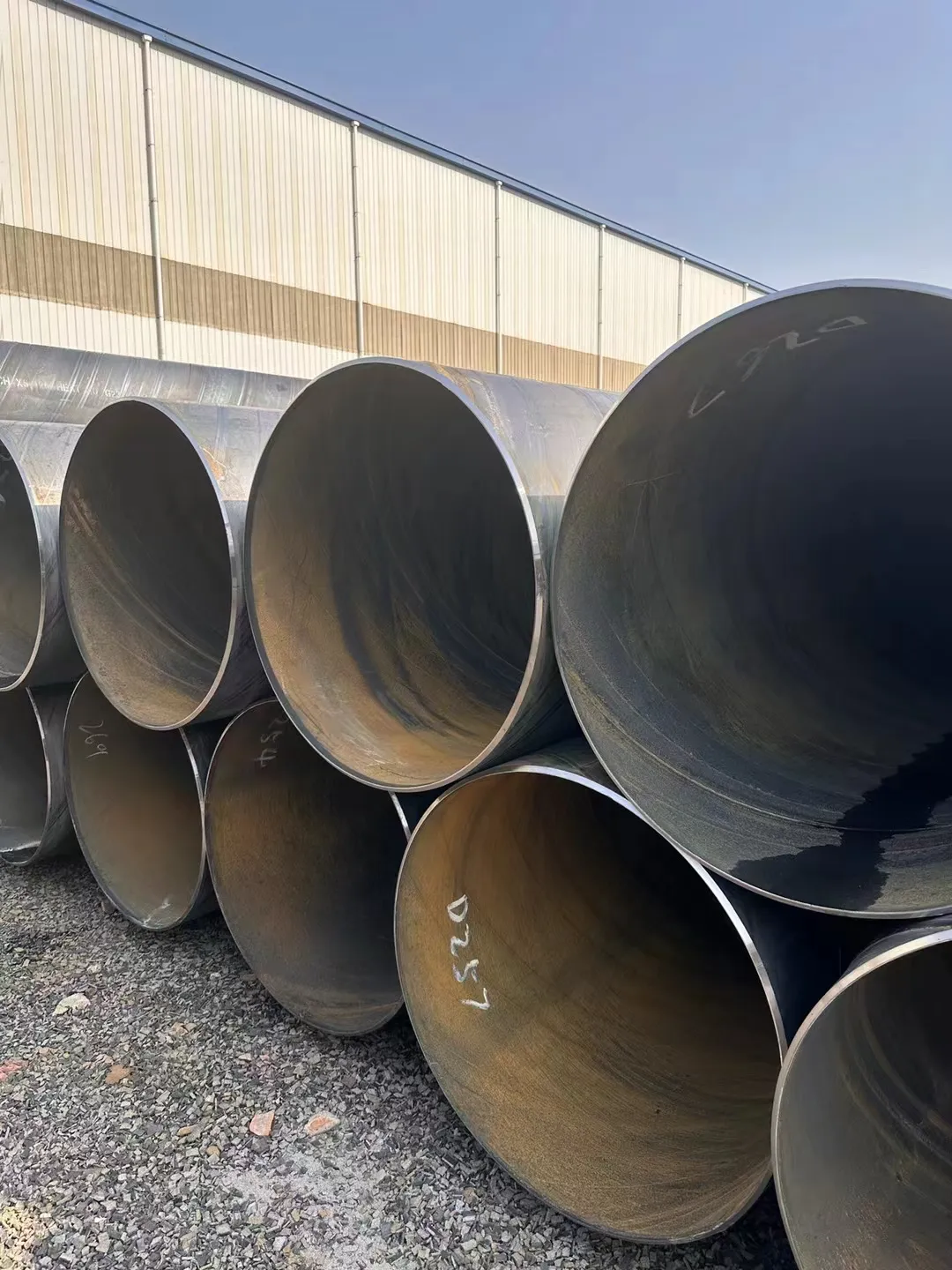-
Cangzhou Yulong Steel Co., Ltd.
-
Phone:
+86 13303177267 -
Email:
admin@ylsteelfittings.com
- English
- Arabic
- Italian
- Spanish
- Portuguese
- German
- kazakh
- Persian
- Greek
- French
- Russian
- Polish
- Thai
- Indonesian
- Vietnamese
- Zulu
- Korean
- Uzbek
- Hindi
- Serbian
- Malay
- Ukrainian
- Gujarati
- Haitian Creole
- hausa
- hawaiian
- Hebrew
- Miao
- Hungarian
- Icelandic
- igbo
- irish
- Japanese
- Javanese
- Kannada
- Khmer
- Rwandese
- Afrikaans
- Albanian
- Amharic
- Armenian
- Azerbaijani
- Basque
- Belarusian
- Bengali
- Bosnian
- Bulgarian
- Catalan
- Cebuano
- China
- China (Taiwan)
- Corsican
- Croatian
- Czech
- Danish
- Esperanto
- Estonian
- Finnish
- Frisian
- Galician
- Georgian
- Kurdish
- Kyrgyz
- Lao
- Latin
- Latvian
- Lithuanian
- Luxembourgish
- Macedonian
- Malgashi
- Malayalam
- Maltese
- Maori
- Marathi
- Mongolian
- Myanmar
- Nepali
- Norwegian
- Norwegian
- Occitan
- Pashto
- Dutch
- Punjabi
- Romanian
- Samoan
- Scottish Gaelic
- Sesotho
- Shona
- Sindhi
- Sinhala
- Slovak
- Slovenian
- Somali
- Sundanese
- Swahili
- Swedish
- Tagalog
- Tajik
- Tamil
- Tatar
- Telugu
- Turkish
- Turkmen
- Urdu
- Uighur
- Welsh
- Bantu
- Yiddish
- Yoruba

اکتوبر . 06, 2024 11:15 Back to list
304 stainless steel pipe
Understanding 304 Stainless Steel Pipes Attributes, Applications, and Benefits
Stainless steel is a highly valued material in various industries due to its durability, corrosion resistance, and aesthetic appeal. Among the numerous grades of stainless steel, 304 stainless steel stands out as one of the most popular and widely used. This article will explore the characteristics, applications, and advantages of 304 stainless steel pipes, illustrating why they are an essential choice for numerous applications.
Attributes of 304 Stainless Steel
304 stainless steel is an austenitic grade, primarily composed of iron, nickel, and chromium. The standard composition includes approximately 18% chromium and 8% nickel, which contributes to its robust properties. This alloy offers excellent resistance to corrosion and oxidation, making it ideal for environments where exposure to chemicals and moisture is a concern.
One of the defining characteristics of 304 stainless steel is its excellent formability and weldability. It can be easily formed into different shapes and welded without compromising its protective properties. This feature makes it suitable for various manufacturing processes, enabling the production of pipes in different diameters and wall thicknesses to accommodate diverse applications.
Another crucial property of 304 stainless steel is its resilience against elevated temperatures. It retains its mechanical properties at temperatures exceeding 1500°F (815°C), making it advantageous for high-temperature applications. Furthermore, it exhibits good cryogenic toughness, which allows it to operate effectively in extremely cold conditions.
Applications of 304 Stainless Steel Pipes
The versatility of 304 stainless steel pipes is evident across multiple industries. In construction, these pipes are commonly employed in structural applications, handrails, and support beams due to their strength and aesthetic appeal. Their corrosion resistance ensures longevity, reducing the need for frequent replacements and associated costs.
In the food and beverage industry, 304 stainless steel is the material of choice for pipes used in processing, transporting, and storing food products. Its non-reactive nature ensures that food quality is maintained while complying with sanitation standards. Stainless steel pipes also play a crucial role in the dairy, brewery, and pharmaceutical sectors, where hygiene and cleanliness are paramount.
304 stainless steel pipe

The chemical and petrochemical industries employ 304 stainless steel pipes for various applications, including the transportation of corrosive fluids and gases. Their ability to withstand a range of chemicals while maintaining integrity makes them a reliable choice for handling harsh substances.
Furthermore, 304 stainless steel pipes are extensively used in HVAC (heating, ventilation, and air conditioning) systems
. Their thermal resistance helps maintain efficiency and performance, contributing to the longevity of HVAC installations.Benefits of Choosing 304 Stainless Steel Pipes
Choosing 304 stainless steel pipes offers numerous advantages. Firstly, their excellent corrosion resistance ensures a longer lifespan compared to other materials, minimizing maintenance costs and downtime. This durability is particularly important in industries where equipment operates continuously under demanding conditions.
Additionally, the aesthetic appeal of 304 stainless steel cannot be overlooked. Its shiny, polished surface enhances the visual appearance of projects, making it a popular choice for architectural applications. Whether in residential or commercial constructions, these pipes contribute to a modern and sleek design.
Another significant benefit is the ease of fabrication and installation. Due to their outstanding formability and weldability, 304 stainless steel pipes can be customized to meet specific project requirements. This adaptability simplifies the installation process, saving both time and labor costs.
Lastly, the sustainability aspect of 304 stainless steel is noteworthy. As a recyclable material, using 304 stainless steel pipes aligns with environmentally conscious practices. The longevity of these pipes also reduces the frequency of replacements, leading to lower resource consumption over time.
Conclusion
In summary, 304 stainless steel pipes are an exceptional choice across a multitude of industries due to their corrosion resistance, durability, and versatility. With a broad range of applications from construction to food processing, these pipes deliver sound performance in challenging environments. The combined benefits of aesthetic appeal, ease of fabrication, and sustainability further enhance their popularity. For anyone seeking reliable, high-quality piping solutions, 304 stainless steel pipes represent an excellent investment that ensures longevity and efficiency.
Latest news
-
ANSI 150P SS304 SO FLANGE
NewsFeb.14,2025
-
ASTM A333GR6 STEEL PIPE
NewsJan.20,2025
-
ANSI B16.5 WELDING NECK FLANGE
NewsJan.15,2026
-
ANSI B16.5 SLIP-ON FLANGE
NewsApr.19,2024
-
SABS 1123 FLANGE
NewsJan.15,2025
-
DIN86044 PLATE FLANGE
NewsApr.19,2024
-
DIN2527 BLIND FLANGE
NewsApr.12,2024
-
JIS B2311 Butt-Welding Fittings LR/SR 45°/90° /180°Seamless/Weld
NewsApr.23,2024











